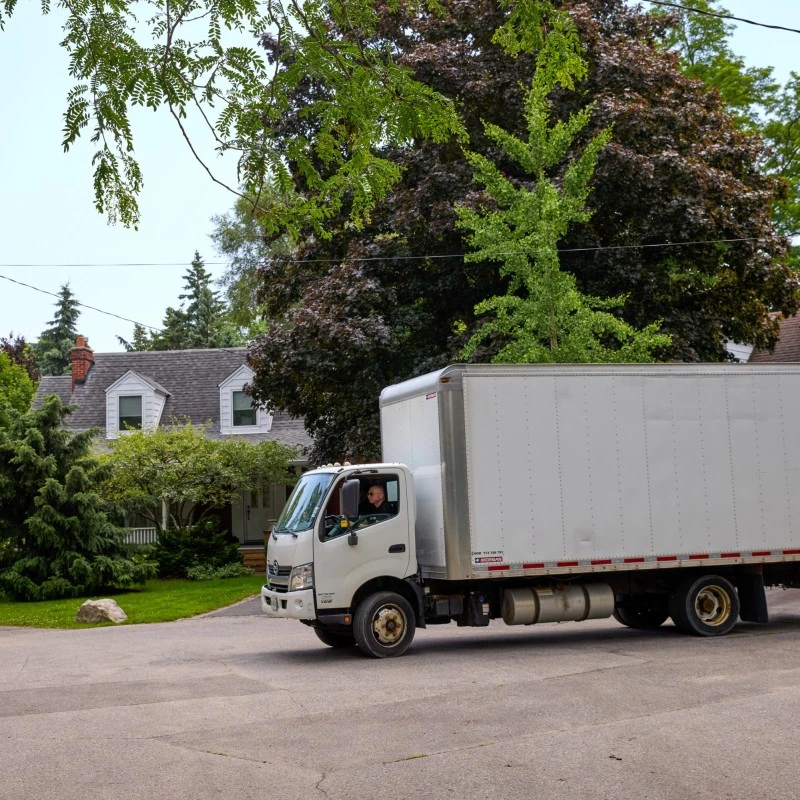What is UNDRIP, and How Does it Affect Canada?


Many hands make light work, and in the case of building a world where Indigenous voices are truly heard and respected, it’s all hands on deck.
There are countless Indigenous groups, advocates, activists, governmental bodies, allies and non-profits all working towards the same goal: true reconciliation and the continued upliftment of Indigenous voices and implementation of rights.
The United Nations Declaration on the Rights of Indigenous Peoples (UNDRIP), is a powerful and necessary global document that outlines the rights of all Indigenous peoples.
Adopted by the UN in 2007, it’s a blueprint for ensuring that Indigenous communities have the right to maintain their cultures, manage their lands, and govern themselves according to their traditions.
It’s a major step toward recognizing and respecting the unique identities and valuable contributions of Indigenous peoples everywhere.
In this article we will cover:
Keep reading to get a better understanding of this important step towards reconciliation and how it affects Canada.
What is UNDRIP?
Starting in the 1980s, Indigenous leaders from around the world started pushing for stronger recognition of their rights on the global stage. After more than two decades of complex negotiations between Indigenous groups, governments and the United Nations, UNDRIP was finally drafted. Things took so long because the USA, Canada and Australia hesitated, out of concern that the provisions on land rights and self-determination would challenge their own legal and political systems.
After many years of debate and revisions, UNDRIP was finally adopted in 2007 by the UN General Assembly. 144 countries voted in favour of UNDRIP, marking a significant and historic step for Indigenous rights, worldwide.
UNDRIP is massively significant as it finally gives Indigenous peoples a global framework that recognises their rights to self-governance, traditional lands, and cultural preservation.
For over 500 years, Indigenous communities have faced marginalisation, exploitation and cultural genocide. UNDRIP helps to shift the narrative. Within UNDRIP, the concept of “free, prior, and informed consent” (FPIC) strengthens Indigenous voices even further in regards to decisions that affect their lives. UNDRIP is an important step towards repairing historical wrongs.
The key ideas behind UNDRIP

-
The Right to Self-Determination: Indigenous peoples have the right to make their own political decisions. They can choose how to govern themselves, who represents them, and how they participate in national and global affairs.
-
Land and Resources: Land is central to Indigenous identity, culture and survival. UNDRIP recognises this and asserts Indigenous peoples rights to own, use and control the lands, territories and resources that these groups have traditionally occupied or used for hunting, gathering etc.
-
Cultural Preservation: UDRIP addresses the great importance of protecting and preserving Indigenous languages, traditions and practices. It supports Indigenous peoples in passing on traditions to future generations, and protecting their heritage from external threats.
-
Economic and Social Rights: Indigenous peoples have the right to experience the same standard of living as everyone else. This principle includes ensuring access to education, healthcare and economic opportunities that allow for thriving, while maintaining their cultural values and ways of living.
-
Respect for Indigenous Laws and Governance: Indigenous peoples have the right to maintain their own legal systems and structures of governance. UNDRIP affirms this by supporting the validity of Indigenous laws and institutions.
-
Free, Prior and Informed Consent (FPIC): As the cornerstone of UNDRIP, FPIC ensures that Indigenous peoples have the right to give or withhold consent to projects or policies that impact their lands, territories, or rights. Consultation must take place and consent must be given freely, without coercion.
The relationship between UNDRIP and Canada
At first, Canada hesitated to endorse UNDRIP, out of fear of how it may impact existing laws and policies. Over time, mindsets shifted and by 2016, Canada officially declared full support for the declaration.
2021 brought a significant milestone in upholding Indigenous rights in Canada. Bill-C15 was passed, committing Canada to aligning its laws with the principles of UNDRIP. The government then became legally responsible for protecting the land, culture and self-governance of Indigenous peoples.
Despite these huge steps forward, complexities remain. Most Indigenous communities continue to face challenges in fully realising the rights outlined in UNDRIP. Issues like land disputes, resource development, and the slow pace of change regarding raising Indigenous living standards and creating economic stability highlight the gap between legislation and lived experience for many Indigenous peoples in Canada.
Critics and hesitancy: The work continues
UNDRIP critics, provincial leaders and certain industries are concerned that the full implementation of the declaration could create legal upheaval, slow down resource development, or complicate existing laws. These leaders are worried that UNDRIP might affect their ability to move forward with projects that involve Indigenous lands. While their reaction comes with no surprise, many would agree that legal reform and the slowing or cessation of certain industry projects that threaten the health of ecosystems isn’t necessarily a bad thing.
Leading bodies have yet to come up with a clear answer as to how to define what consent looks like in practice - especially when it conflicts with government or industry interests. Money talks, and UNDRIP threatens the current destructive practices of irresponsible resource over-extraction and other lucrative, yet harmful endeavours. Finding a solution involves a delicate balancing act between governments, industries, and Indigenous communities, while considering the well-being of our planet.
What do our customers say?


























